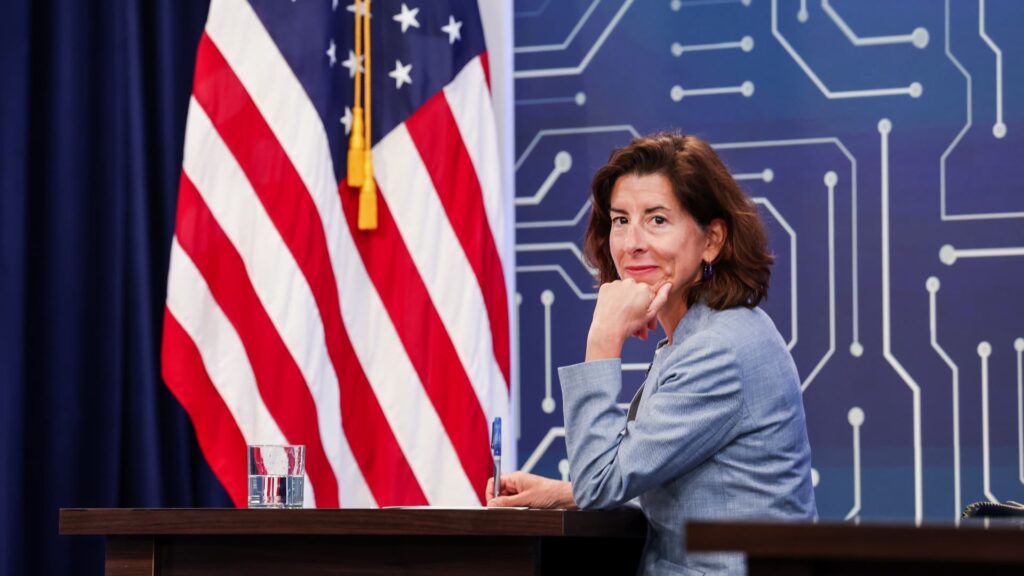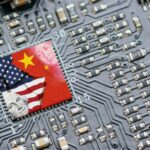Intel has recently faced challenges, experiencing a significant decline in its value this year as it navigates the competitive artificial intelligence market and expands its manufacturing facilities in the United States. Seeking assistance, the company turned to Commerce Secretary Gina Raimondo for support.
During discussions with Raimondo, Intel CEO Pat Gelsinger expressed concerns about the heavy dependence of American companies on Taiwan Semiconductor Manufacturing, the world’s largest contract chipmaker.
Raimondo subsequently engaged with several key investors to emphasize the critical nature of chip manufacturing in the U.S., especially in light of the increasing geopolitical uncertainties surrounding Taiwan. Her objective was to encourage stakeholders in companies like Nvidia and Apple to recognize the economic advantages of operating a U.S.-based foundry capable of producing AI chips.
Intel’s current focus includes the development of manufacturing plants in four states within the U.S. as it transitions towards becoming more of a foundry business, producing chips for various suppliers. Earlier this year, the Biden administration granted Intel up to $8.5 billion in funding through the CHIPS Act, with potential additional loans of $11 billion from the same legislation passed in 2022.
Although no funds have been dispensed as of yet, sources have suggested that initial allocations are expected by the end of the year, marking a significant step in this critical initiative for Intel.
Recent market trends have posed challenges for Intel, particularly in the microprocessor sector. Apart from facing competition from companies like Advanced Micro Devices, Intel has also been lagging in the AI segment, where Nvidia holds a strong position.
Reports indicate that Intel’s foundry expansion has encountered delays, echoing similar challenges faced by TSMC in setting up a foundry in Arizona. Official responses from the U.S. Commerce Department and Intel remain undisclosed at present.
Intel’s board is scheduled to convene for discussions on restructuring plans, including the potential separation of its design business from the foundry arm, a move supported by Intel CFO David Zinsner during recent investor interactions.
In its latest earnings report, Intel reported lower-than-expected profits and revenue, leading to a 15% reduction in its workforce. Following this announcement, the company witnessed a sharp decline in its stock performance, marking its most significant drop in over five decades.
Nvidia, a key player in the industry, predominantly manufactures its advanced chips through TSMC, a major supplier for several tech giants like AMD, Apple, Amazon, Google, and Broadcom. Concerns surrounding potential disruptions in the supply chain due to geopolitical risks in Taiwan have been looming for some time.
At a recent conference, Nvidia CEO Jensen Huang addressed concerns regarding geopolitical risks tied to Taiwan and the company’s preparedness to adapt if the need arises, reassuring stakeholders of the firm’s ability to manage any potential disruptions.
View the video for more insights on Intel’s current position:











